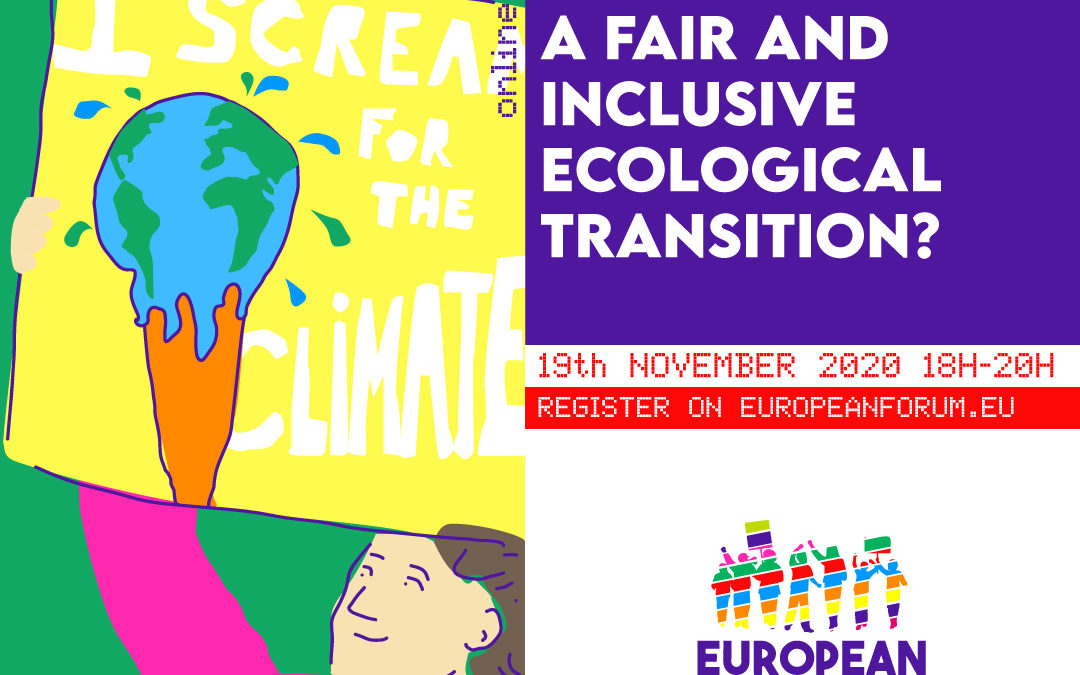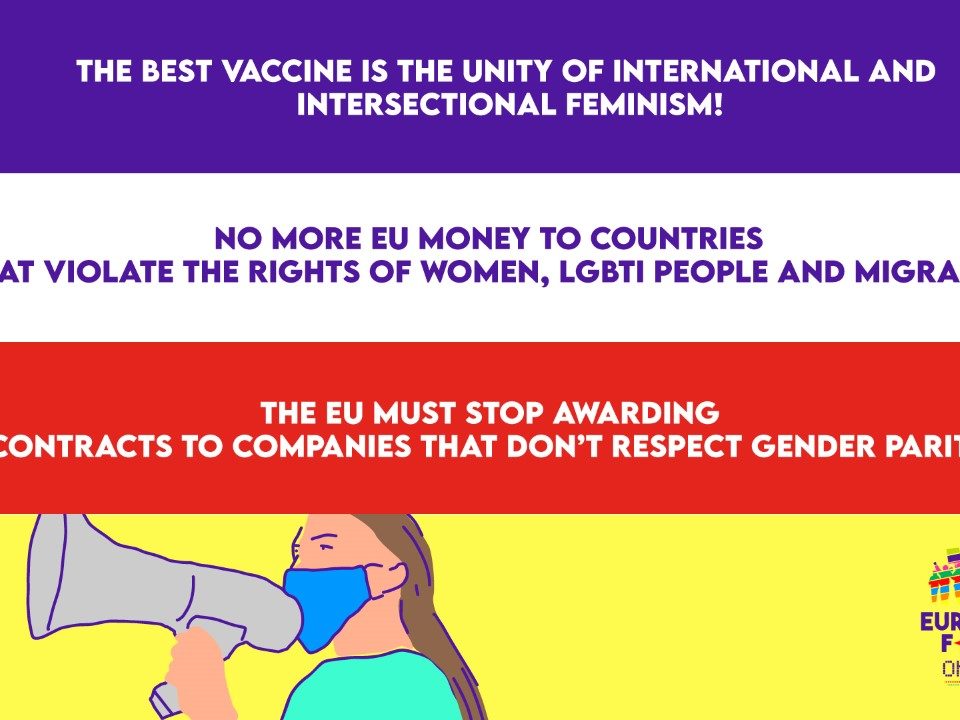
EU Budget & Recovery Package: Social, green and digital challenges in the Multiannual Financial Framework (MFF) and Next Generation EU (NGEU)
November 18, 2020
Christian-Marxist Dialogue on Achieving Ecological Ecumenism
November 20, 2020REPORT
We are facing a multiple crisis: climate, health, economic, social, political, food crisis. The roots of these crises are usually the same: the endless economic growth and the ruthless exploitation of resources that are embedded in the capitalist economy. There is no doubt that a fair and inclusive ecological transition is what our society needs in order to overcome these crises. During our debate we tried to outline the basic aspects of the transformation needed in order to make sure that there will be not only a truly just transition but also efforts for a systemic change and a shift to another social and economic model.
Global warming that imposes the current climate policies affects first of all the energy policies. Reducing GHG emissions is an undeniable target. These policies sometimes are really ambitious but in practice they fail to meet their goals. A rapid and just transition in the energy system requires that it is brought under democratic control. It also needs to be clean (not depended on fossil fuels) and to involve democratically owned energy projects in order to involve local communities in the energy transition and tackle energy poverty.
The sector of intensive agriculture (mainly agro-industry) is another sector that contributes to global warming. It is a sector that produces cheap food and impacts more on poor people. The environmental impact of agro-industry affects both nature and human health. At the same time the rural structure is influenced, as small and medium farms cannot respond to the structural and climatic changes, so many people leave the rural areas to search job somewhere else and that usually is the case for young people. At the same time agriculture can be part of the climate solution. Organic and agro-ecological agriculture can provide healthy food and also jobs. We need to support the community supported schemes and cooperation in order to achieve sustainable food systems.
The transformation process needs to be inclusive in order to be socially fair and just. What we realize is that the public consultation in many cases does not work. The existing methods are not accessible and not inclusive enough. Especially young people and local communities are not heard. People who are most affected need to have strong voices.
Trade unions and the working people have also an important role to the ecological transition. The climate crisis has massive social consequences, as many jobs are lost, communities are destroyed and poverty rises. That’s why the core of the social and class struggle must include the fight against the climate crisis. The fight for a just transition needs to build on board, social alliances and the workers and unions must be willing to take action. We need active labour policy instruments to support workers to find new jobs in new green areas.
As left and progressive people we need to take action to promote an economic, ecological, social and feminist transformation of our societies by using the experiences gained during the Covid-19 crisis. A fair and inclusive ecological transition will not be possible with the present climate policies – the EU’s Green Deal, the EU recovery program and the EU budget. We need to avoid the continuation of “business as usual” green growth to meet the goals of the Paris Agreement. The European Left, the progressive and ecological powers must describe their proposal for a new Red- Green Deal and engage on urgent and concrete steps towards it. The transition must be socially fair and environmentally sustainable otherwise it will not happen.
Ioanna Theodosiou





